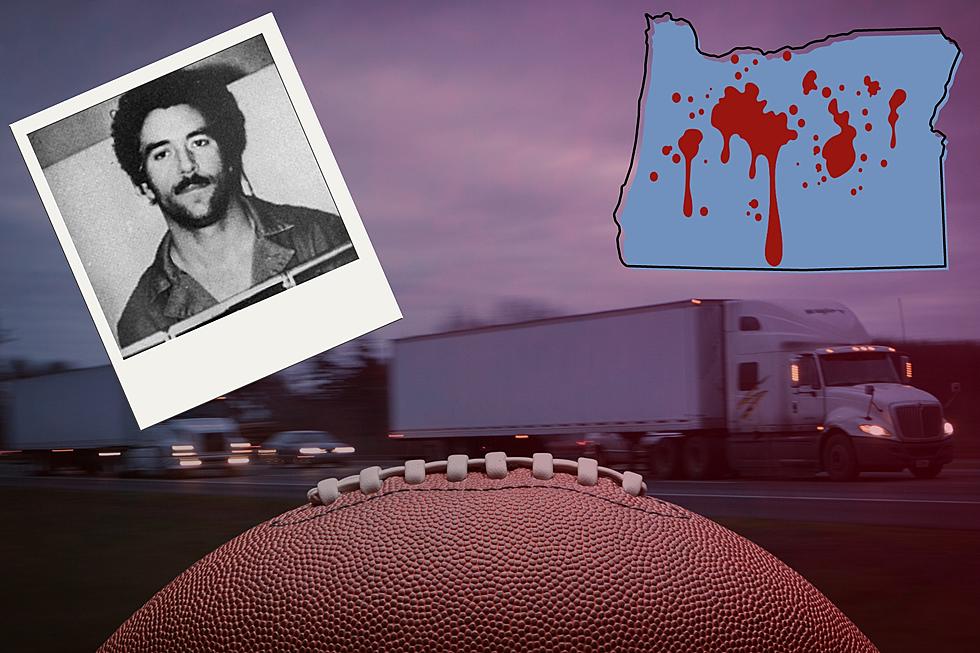
What Rodgers has done is unprecedented
You get a little old ice storm in Texas, and everything else seems anticlimactic.
Perhaps that accounted for Tuesday’s curiously subdued Media Day. I mean, even TV Azteca’s paragon of journalistic propriety, Ines Sainz, drew little notice. That’s not to say she didn’t try. In her silver mini, Ms. Sainz looked like Barbarella on steroids (OK, maybe I’m dating myself).
Then again, if she really wanted to know something about being artfully immodest, she might have consulted with Green Bay’s Aaron Rodgers, who three years ago succeeded a man then recognized as the greatest, most famous and most widely admired quarterback in history.
I asked Rodgers if there had been a moment he doubted himself.
“No,” he said.
“But it’s human nature to doubt yourself.”
“Not for me.”
He said this without so much as blinking. The boast was not said boastfully, but merely, as everything else Rodgers says, as fact. “I realize all eyes are on me,” he says.
You will hear, if you haven’t already, how much Rodgers has come to rely on Steve Young. You will hear that they speak regularly, and that Young is generous and wise.
“I reached out to Steve,” he said. “Steve has been a great guy to lean on.”This all fits neatly — perhaps suspiciously so, given the NFL’s aptitude for spot-on story lines — into the Super Bowl script. Young also succeeded a guy then thought to be the greatest quarterback who ever lived. You may have heard of him, Joe Montana.
But apart from the painfully obvious line of inquiry — “succeeding a legend is tough, isn’t it?” — there’s little basis for comparison. Young didn’t just succeed Montana, he won a Super Bowl MVP trophy and election to the Hall of Fame. There also were seven Pro Bowls and the two regular season MVPs.
Still, what Rodgers already has done, at barely 27, is without precedent.
I asked Green Bay general manager Ted Thompson if he ever doubted his decision to replace Favre three years ago.
“When you make a personnel decision, there’s always some margin for error,” Thompson said. “But this was no different than any other decision we’ve made since I’ve been here.”
Wait up. Replacing Favre was no different? Like plugging in another special-teams guy, right? I would’ve gotten more candor if I’d asked about Sainz.
Good quarterbacks are hard to find. Great ones are all but irreplaceable. And let’s not forget, Favre remains among the greatest. For the purposes of this discussion, it doesn’t matter if he turned out to be, as the Anglo-Sainz-wanna-be, Jenn Sterger, put it, “a creepy douche.” He also was a pretty tough act to follow.
History was not on Rodgers’ side. Forty-two years after Super Bowl III, the Jets still are looking for another Broadway Joe. If you prefer less ancient history, recall that Dan Marino’s successor was Jay Fiedler. Brian Griese had the thankless task of coming after John Elway. And while Jeff Garcia had some fine seasons in San Francisco, he didn’t make anyone forget about Young.
But back to Montana-Young. Before arriving in San Francisco, Young’s resume included starting jobs in the USFL and Tampa Bay. What’s more, he had an extended audition with San Francisco after Montana went down in the 1991 preseason. Over the course of the next two years, Young threw for 42 touchdowns against only 15 interceptions. He was the league’s top-rated passer in each of those seasons. Only then did San Francisco opt to trade Montana. Young was 31, with 52 NFL starts; 26 for the Niners alone.
In other words, he had more starts than Rodgers had completions. Rodgers was 25 when he got the starting job. His NFL career could be summarized as 59 attempts, 35 completions and one touchdown, and, of course, no starts in three years as a backup to Favre, with whom he claims to have enjoyed “a working relationship.”
Rodgers had been the 25th player selected in the 2005 draft. Maybe he was great in practice and on film. Maybe he had all that “intangible” nonsense scouting types like to claim they see. But unlike Young, he never had been tested in professional football, not for a game, much less a season or two.
That began to change in the summer of ’08, when Favre first unretired and reported to Packers training camp.
“It was a trying time for me and the organization,” Rodgers says, “but the fact that they stood behind me meant a lot.”Super Bowl Media Day was merciful compared to the daily inquisition Rodgers faced those afternoons. “They told the truth,” he said, referring to the front office. “I told the truth.”
Favre was Favre, which is to say other people spoke for him off the record.
It’s worth reminding you that Favre had a good start with the Jets and a masterful first season with the Vikings. But here it is, three years later and he’s managed to besmirch what was perhaps the greatest reputation in sports.
Rodgers, meanwhile, has put together consecutive seasons with 100-plus passer ratings. He’s thrown for more than 12,000 yards as a starter. And now he’s taken the most injured team in the league to the Super Bowl.
Yes, he told the truth, however immodest it sounded. Aaron Rodgers doesn’t doubt himself. He has no need for that. This story from FOX Sports on MSN.
More From 92.9 The Bull








